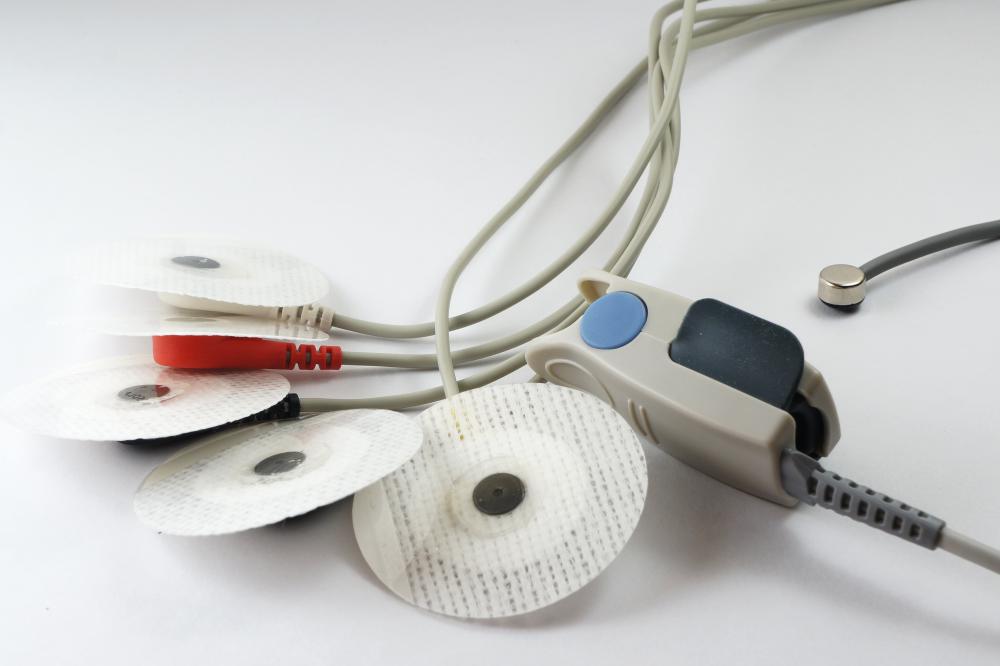At WiseGEEK, we're committed to delivering accurate, trustworthy information. Our expert-authored content is rigorously fact-checked and sourced from credible authorities. Discover how we uphold the highest standards in providing you with reliable knowledge.
What are Premature Atrial Contractions?
Premature atrial contractions (PACs) are a type of heart arrhythmia. They are extremely common, with many people experiencing these contractions at some point in their lives. In some cases, the condition is benign, while in other cases, the PACs can indicate that the patient is at risk for a more serious problem, and it may be necessary to take steps to manage the heart rhythm. People with heart conditions who experience these contractions are a cause for special concern.
This type of arrhythmia occurs when the atria, the two upper chambers of the heart, beat before they are supposed to. Many people never even notice that a premature atrial contraction is occurring, although some people feel the contraction as a faint flutter or palpitation, as though the heart has skipped a beat. With the use of an electrocardiogram (ECG) or the wearing of a heart rate monitor, a doctor can track the contractions, determining how often and when they occur.

In patients for whom premature atrial contractions are a mild concern, the condition may be managed with diet. Cutting down on caffeine often eliminates or greatly reduces them, and other diet and exercise changes can also be used to address the condition. Medications to manage heart rhythm are also available, although these are generally only used in more severe cases.

In addition to diet, stress can be a major factor in the development of premature atrial contractions, as can certain lifestyle activities such as using drugs or engaging in heavy exercise. Patients should be honest about their lifestyles when being interviewed by a cardiologist: they cannot get into legal trouble for disclosing something like drug use, and knowing everything about a patient will help a doctor develop a diagnosis and appropriate treatment plan. Failure to disclose certain things could put a patient at risk, as a doctor will make decisions based on the information he or she has been provided with.

When a patient has been diagnosed with premature atrial contractions, he or she will need to go to a cardiologist regularly for monitoring. The cardiologist will check for changes in heart rhythm, and help the patient manage the condition so that it does not become more severe. Patients should also immediately consult a doctor if they experience difficulty breathing, chest pain, and other symptoms of more serious heart events, notifying medical personnel that PACs have been experienced in the past.
AS FEATURED ON:
AS FEATURED ON:
















Discussion Comments
@AngelChaser – There are many different medications that can be used for premature atrial contractions if they’re still bothersome and diet and lifestyle changes haven’t helped. Beta blockers can help, as well as medications that control heart rhythm like flecainide and propafenone. Your doctor is the best person to consult about whether you should take medication for your premature atrial contractions, and which medication to take.
So what medications are used for premature atrial contractions if diet and lifestyle changes don’t help reduce them?
Post your comments